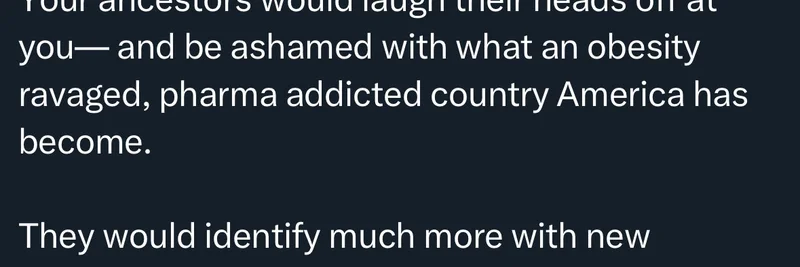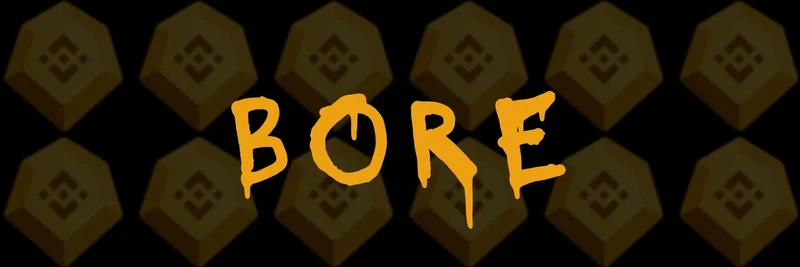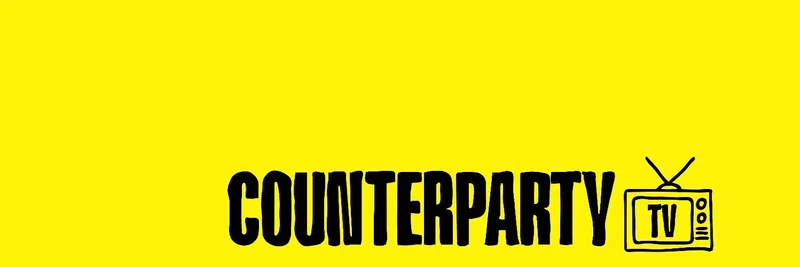In the fast-paced world of social media, a single thread can spark widespread debate, especially when it touches on sensitive topics like immigration, race, and public health. That's exactly what happened with Will Tanner's recent X post, which has racked up thousands of likes and reposts in just a day. Tanner, co-founder of @TAmTrib, quoted a tweet from @memeticsisyphus highlighting what they call "seething racial resentment" in a post by Dr. Suneel Dhand, an Indian-American physician.
Dr. Dhand's original post criticizes modern America as an "obesity ravaged, pharma addicted country" and suggests that ancestors would identify more with hardworking immigrants than current citizens. @memeticsisyphus framed this as masked resentment, setting the stage for Tanner's response. Tanner dives straight into the opioid crisis, claiming it escalated because "Indian doctors delighted in pushing opiates on Appalachians they sneeringly referred to as 'pillbillies.'" He further alleges that the Sackler family, owners of Purdue Pharma (the company behind OxyContin), specifically targeted Indian doctors for promotion because they believed these doctors would lack sympathy for the affected American communities.
For those unfamiliar, the opioid crisis refers to the widespread addiction and overdose deaths linked to prescription painkillers like OxyContin, which Purdue Pharma aggressively marketed in the 1990s and 2000s. The Sacklers have faced massive lawsuits, with emails revealing executives mocking addicted individuals as "pillbillies" and calling OxyContin "hillbilly heroin" 正如在西弗吉尼亚阿片类药物审判中所报道的. However, Tanner's specific claim about targeting Indian doctors isn't as widely documented in public records, though it echoes broader criticisms of how pharmaceutical companies exploited vulnerable regions like Appalachia.
The thread didn't stop there—it exploded with replies sharing personal anecdotes. One user, @bbuckley88, recounted how an Indian doctor in NYC allegedly turned her mother into an addict with unnecessary codeine prescriptions, even blaming her for "abandoning" her mom to attend Harvard Law School. Another, @sull1vannolan, claimed to have overheard Indian physicians mocking rust belt whites at dinners. Comments ranged from calls to "ban and strip citizenship" from such doctors to references to the Sacklers' lenient settlements, like their multi-billion-dollar deals without prison time 在最近的报道中有详细说明.
This kind of raw, unfiltered discussion is what makes X a breeding ground for viral content. Terms like "pillbillies" aren't new—they've been used derogatorily in media to describe opioid-addicted Appalachians 在阿巴拉契亚文化讨论中有提及. But in today's digital landscape, such narratives can quickly evolve into memes, spreading ideas through humor, satire, or outrage.
At Meme Insider, we track how these cultural memes intersect with blockchain and meme tokens. While this thread isn't directly about crypto, it highlights how social controversies can fuel online communities. Think about it: meme tokens thrive on viral moments, turning everything from dog pictures to political scandals into tradeable assets. We've seen coins like $PILL emerge in the ecosystem 如 CoinGecko 上所列, playing on themes of "pills" in a broader sense. Could "pillbillies" inspire a satirical token critiquing the pharma industry or immigration debates? It's not far-fetched—meme token creators often latch onto edgy topics to drive hype and community engagement.
Of course, launching a token based on such a sensitive issue would require careful navigation to avoid glorifying addiction. But it underscores a key point for blockchain practitioners: memes aren't just jokes; they're powerful tools for commentary and value creation. As this thread continues to gain traction with over 285,000 views, it's a reminder to stay tuned to social media pulses—they could signal the next big thing in the meme token space.
Whether you see Tanner's thread as a wake-up call or inflammatory rhetoric, it's undeniably stirring conversations. If you're in the crypto world, keep an eye on how these real-world debates bleed into decentralized finance. Who knows? The next viral meme token might just be born from threads like this.




